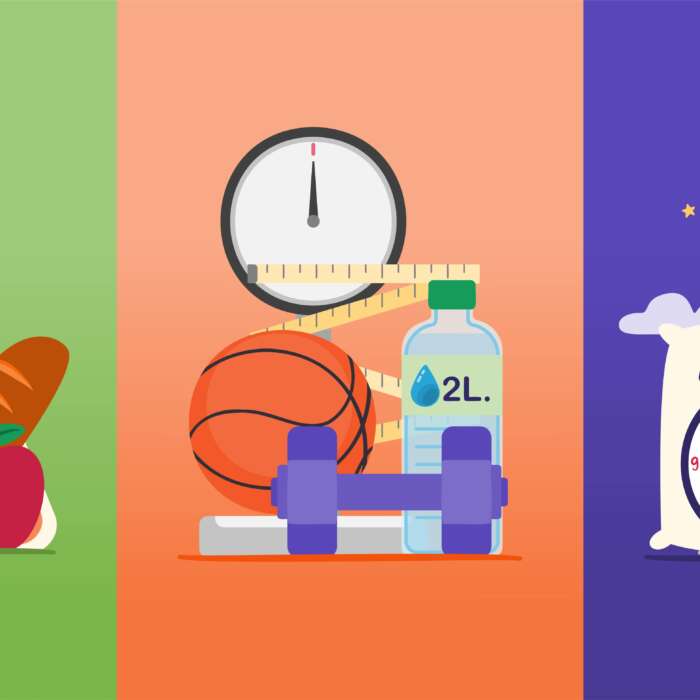
1. The Impact of Menopause on the Brain
1.1 Brain Energy and Estrogen Decline
Estrogen doesn’t just regulate reproductive cycles -it also plays a critical role in brain metabolism. It supports memory and learning by aiding glucose uptake, neural connectivity, and cellular health, especially in regions like the hippocampus. During menopause and cognitive changes, declining estrogen disrupts the brain’s ability to utilize glucose efficiently, which may lead to a state of energy deprivation or “brain starvation.”
Studies even suggest that menopause and cognitive decline may show patterns similar to early Alzheimer’s, such as reduced brain energy use and structural shifts. However, these are not signs of dementia but temporary changes due to hormonal shifts.
1.2 The Role of Other Hormones
Reductions in progesterone and testosterone also affect mental clarity. Testosterone, although present in small amounts in women, supports focus, motivation, and resilience. Its decline can contribute to mental fatigue and emotional vulnerability.
1.3 Mood, Stress, and Sleep Disruptions
Menopause brings mood swings, anxiety, and insomnia. Elevated cortisol from chronic stress can impact working memory and focus. Sleep disturbances -common due to night sweats -interrupt memory consolidation and slow mental processing, worsening menopause and cognitive changes.
2. How Menopausal Brain Fog Feels
- Forgetfulness: Frequently misplacing keys, forgetting appointments or words.
- Concentration Issues: Difficulty focusing on tasks or multitasking.
- Slow Thinking: Decision-making feels sluggish.
- Word Recall Trouble: Searching for names or common terms.
- Mental Clutter: Thoughts feel disorganized and cloudy.
While these symptoms can mimic early signs of dementia, they are typically transient. Most women regain their cognitive clarity as their body adapts to menopause and cognitive changes.
3. Science-Backed Strategies to Restore Mental Clarity
3.1 Hormone Replacement Therapy (HRT)
HRT can help restore estrogen and sometimes testosterone, stabilizing brain function. It is not suitable for everyone and must be prescribed considering personal and family medical history, especially cancer and cardiovascular risks.
🩺 The Birthwave Clinic in Nungambakkam, Chennai -led by Dr. Santoshi Nandigam -offers personalized menopause care, including HRT consultation, hormone testing, and integrative wellness planning for women facing menopause and cognitive changes.
3.2 Prioritizing Sleep
- Maintain a regular sleep schedule.
- Sleep in a cool, dark room to reduce night sweats.
- Avoid screens, caffeine, or heavy meals at night.
- Try deep breathing or calming yoga before bedtime.
3.3 Brain-Friendly Nutrition
- Omega-3s (from flaxseeds, walnuts, fish) support neurons.
- Vitamins A, C, and E act as antioxidants to protect brain cells.
- Magnesium, B vitamins, and Vitamin D boost neurotransmitter function.
- Stay hydrated -dehydration can worsen brain fog.
3.4 Physical Exercise
- Aerobic exercise (walking, swimming) improves blood flow to the brain.
- Strength training enhances cognitive resilience.
- Yoga or tai chi promotes emotional balance and reduces stress.
3.5 Stress Management
- Practice meditation, breathing exercises, or guided imagery.
- Explore CBT (Cognitive Behavioral Therapy) to counteract negative thoughts.
- Maintain a journal or a structured daily routine.
3.6 Keep the Mind Active
- Try puzzles, crosswords, Sudoku, or memory games.
- Learn new skills like a musical instrument or a foreign language.
- Engage socially, read often, and stay intellectually curious.
3.7 Organizational Tools
- Use planners, apps, sticky notes, and checklists.
- Keep keys, glasses, and other essentials in designated spots.
- Break larger tasks into manageable steps.
3.8 Be Gentle With Yourself
Remember, menopause and cognitive changes are natural. Self-compassion is key. Acknowledge the shifts without judgment. It’s okay to have off days.
4. Why Choose The Birthwave Clinic in Chennai
The Birthwave Clinic in Nungambakkam, headed by Dr. Santoshi Nandigam, offers a unique blend of science-based and holistic care for women navigating menopause and cognitive changes. Here’s why it’s a top choice:
✅ Hormonal testing and thyroid screening
✅ Personalized HRT counseling (when indicated)
✅ Lifestyle coaching on sleep, nutrition, and stress
✅ Natural methods to support cognitive health
✅ Compassionate, thorough consultations tailored to your needs

5. A 4‑Week Brain-Boosting Plan
Week | Focus Area |
1 | Set a sleep routine, reduce caffeine, begin daily mindfulness. |
2 | Add 30-min daily walks, eat more omega-3s, berries, greens. Hydrate well. |
3 | Start brain games, journaling, and CBT-based positive reframing. |
4 | Consult a menopause specialist (like Dr. Santoshi); evaluate progress and adjust your plan. |
6. When to Consult a Specialist
Seek expert help if:
- Memory issues interfere with daily responsibilities.
- Cognitive symptoms worsen suddenly or severely.
- You’re also dealing with depression, thyroid issues, or other neurological signs.
A menopause-trained physician can order blood tests, mood screenings, or refer for cognitive therapy if needed.
7. Conclusion: Reclaiming Clarity During Menopause
While brain fog during menopause and cognitive changes can be unsettling, it’s usually temporary and treatable. A deeper understanding of these shifts, combined with supportive care, empowers women to thrive during this life stage.
The best approach is holistic -blending medical evaluations, HRT if needed, brain-focused nutrition, exercise, stress relief, and mental stimulation. And most importantly, self-compassion.
🌸 Dr. Santoshi Nandigam and the team at The Birthwave Clinic, Chennai, offer comprehensive support for women seeking mental clarity, hormonal balance, and a healthier transition through menopause and cognitive changes.

